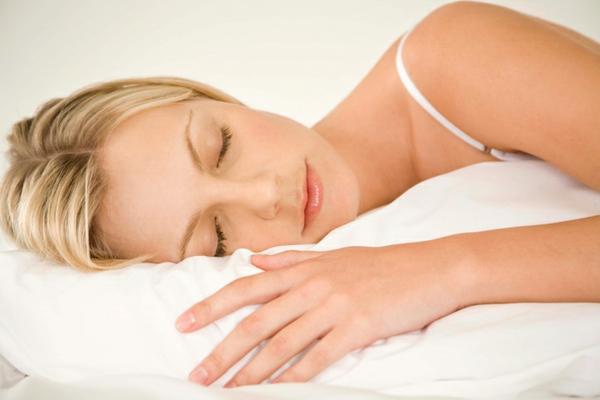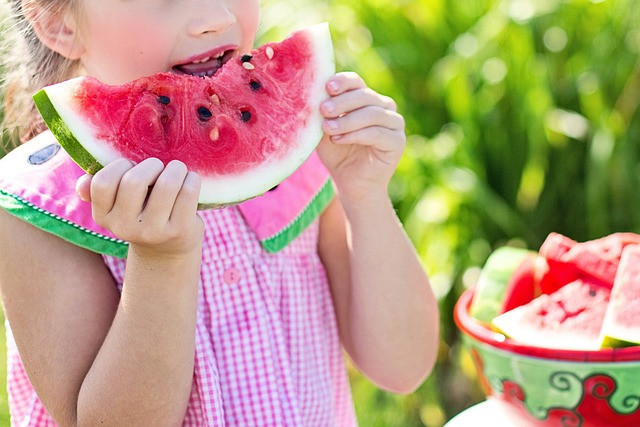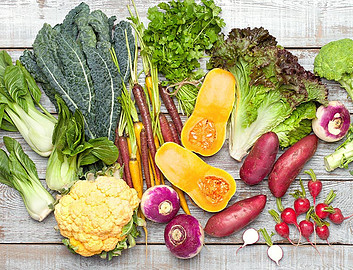5 Tips To Sleep Better

Can’t sleep? Here are 5 expert tips to sleep better and how to get a good night’s rest to live a healthy lifestyle. Everyone wants to wake up refreshed and ready to take on the day. But how can you get consistently great sleep? That’s a tough question to answer.
There are many tools to help with sleep. One company I recently discovered can help. Vessel is a wellness tool that helps people unlock their personal health data to make powerful changes to their health and sleep. Because Vessel partners with some of the best doctors, nutritionists, and scientists in the world, we asked them how we can all get a better night’s rest.
When you use the links on this page to make a purchase I may get a small commission and you may get a great bargain. It’s a win-win all around. Support my page and I can continue to provide great tips, recipes, reviews and lifestyle advice. Ask me how by clicking here!

How To Get A Good Night’s Rest
5 Tips To Sleep Better
- Morning sunlight exposure
A range of studies has suggested that daytime sun exposure can help with sleep. How does that happen? Well, when you’re exposed to sunlight within the first hour of waking up in the morning, your body can regulate its circadian rhythm. Morning sun exposure signals your body to decrease melatonin production in the morning and increase production in the evening when the sun starts to set. As a result of that accelerated natural melatonin production when the sun starts to set, it’s easier to fall and stay asleep at night. To put it bluntly, what we do when we’re awake can directly impact how we sleep. To start increasing your sun exposure in the morning, try creating a consistent routine that allows you to get outside for a quick walk and direct sunlight within the first hour of your day.
If you do not have sunlight where you are in the morning, turn on your bedroom light right away to expose yourself to light. This also acts as a way to start your circadian rhythm.
- Cut down on alcohol use
After a night of drinking, most people tend to experience lower quality and quantity of sleep.
More specifically, alcohol can directly decrease the amount of REM sleep you get, while also leading to a range of sleep disruptions throughout the night. Further complicating this issue, drinking too much too close to bedtime can cause people to feel sleepy the following day.
Research studies have shown that in order to cut down on the negative impacts of
fragmented sleep, people should stop drinking alcohol altogether at least 4 hours before their bedtime.
- Test your health levels
Modern wellness tools like Vessel can help arm you with the data you need to look and feel your best, especially when it comes to getting good rest and ensuring that you wake up refreshed.
With at-home testing kits and personalized action plans, Vessel gives you insight into your body around the specific health factors that might be hurting your sleep. For example, Vessel users have found that deficiencies in magnesium can impact their ability to get high-quality sleep.

By starting magnesium supplementation at night, members have reported that they wake up feeling rested and refreshed for the first time in ages. Through the Vessel app, users are also encouraged to set goals, including sleep. In turn, the app will make custom action plans and personalized recommendations based on health level tests and personalized questionnaires. A new at-home wellness test that instantly unlocks what your body really needs. Vessel combines their at-home test with a quiz about your goals and behaviors to build a personalized program for your specific wellness goals and unique lifestyle.
To learn more about Vessel, get started today. To take the wellness quiz from Vessel, click here.

- Eat dinner an hour earlier
While everyone loves a long dinner, it’s not doing you any favors to eat late into the night.
When your body is still forced to process large amounts of food late in the evening and closer to bedtime, your circadian rhythm is negatively impacted and thrown out of cycle. From a scientific lens, circadian rhythms dictate your sleep-wake cycle which also impacts your digestive cycle.
To ensure that your internal rhythms are primed for a great night’s sleep, try eating an hour earlier than you usually do. In turn, you’ll be ready to get the restorative sleep that you need. In addition, you might want to cut down on late-night snacking to ensure optimal sleep.
- Create a wind-down ritual
Finally, it’s important to build a calming routine that eases you into sleep at bedtime.
While a lot of people like to watch a TV show or TikTok right before bed, the blue light emitted from screens will keep your mind and body awake for longer by reducing your melatonin production, making it harder to fall asleep.
It’s still okay to catch your favorite Netflix show before bed, but make sure you do it a bit
earlier in the evening. Instead, about an hour before bed, replace your screen habit with a handful of activities that help calm you down, whether it’s a hot bath, reading, or meditation.
All of these wind-down habits contribute to your pre-bed ritual, which can yield improved relaxation responses and help optimize more sleep so you feel refreshed the next day.
Ultimately, the best way to look and feel your best is by getting a good night’s rest.
To take ownership over your sleep, it’s more important than ever to have the data you need, right in your pocket. Vessel tests across 8 health metrics, from nutrition, hydration, and stress levels.
Top 10 Foods That Help You Sleep
According to the American Sleep Association, there are 10 foods that help you sleep. They are listed below.
- Caffeine Free Tea
- Bananas
- Nuts
- Cherries
- Eggs
- Honey
- Whole Grains
- White Rice
- Yogurt
- Poultry or Fish

Reasons To Have Trouble Sleeping At Night
Also known as insomnia, the best way to explain it is, persistent problems falling asleep and staying asleep. It’s recommended by the CDC to get at least 7-8 hours of continuous sleep per night for adults 18 years+. For teens ages 13-18 years old its recommended to get 8-10 hours of sleep per night. For children ages 6-12 years old, it’s recommended to get 9-12 hours of sleep per night. And for infants and children up to age 5 years, it’s recommended to get 10-17 hours of sleep per night.
There are some major reasons to having trouble sleeping at night. I’m sharing 12 reasons here below. Be sure to always check with your doctor about chronic health issues.
- Depression
- Drinking alcohol
- Caffeine
- Eating too late
- Hunger
- Room temperature not ideal
- Medications
- Chronic Pain
- Sleep Apnea
- Narcolepsy
- Napping in the daytime
- Aging
I hope this data can help you learn how to get a good night’s rest. Everyone can feel better and have a healthy lifestyle with the proper amount of sleep and nutrition.
The information contained in this website is for educational and informational purposes only and is not intended as health or medical advice. Always consult a doctor.





